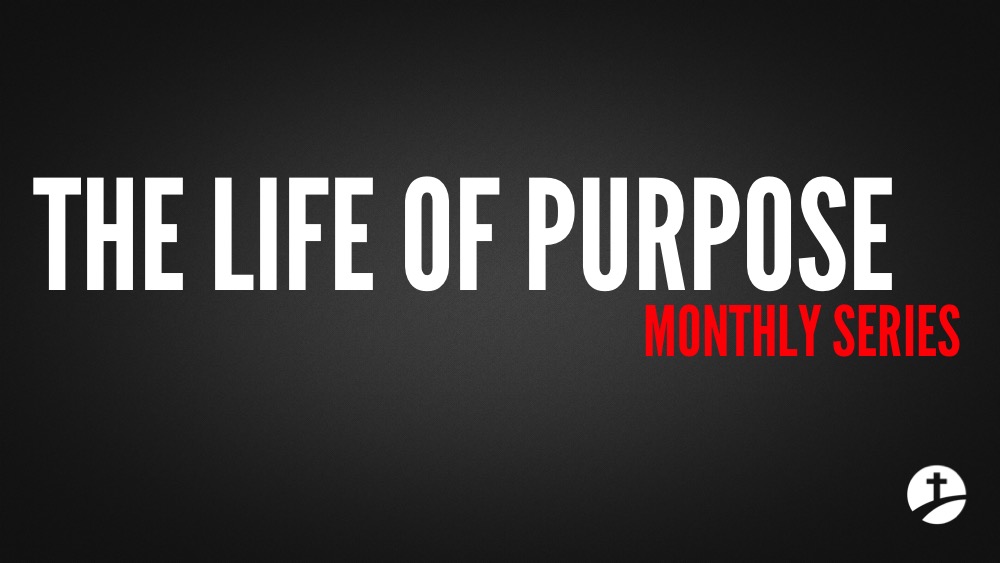Deuteronomy 8:18, “But remember the LORD your God, for it is he who gives you the ability to produce wealth, and so confirms his covenant, which he swore to your ancestors, as it is today.”
God’s purpose for money is to give you resources to provide for your family, the church, and help the needy. Oftentimes people can fall into a trap with money and allow it to become their idol. Jesus said in Matthew 6:24, “No one can serve two masters. Either you will hate the one and love the other, or you will be devoted to the one and despise the other. You cannot serve both God and money.” As a result, though money can be a great blessing in one’s life, it can also be a source of great temptation.
The best way to break the love of money off of your heart is to be a consistent giver of tithes and offerings. The word tithe means, “a tenth.” Thus, someone who gives God ten percent of his or her total income is a “tither.” And an “offering” is anything we financially “offer to God after our tithes.” Like giving to missions or Christian run charities.
Towards the end of the Old Testament and the era of the Mosaic law (the Old Covenant) God shared his heart concerning money. He said that His people were robbing Him. Malachi 3:8-10 reads, 8 “Will a mere mortal rob God? Yet you rob me. “But you ask, ‘How are we robbing you? ’“In tithes and offerings. 9 You are under a curse —your whole nation—because you are robbing me. 10 Bring the whole tithe into the storehouse, that there may be food in my house. Test me in this,” says the Lord Almighty, “and see if I will not throw open the floodgates of heaven and pour out so much blessing that there will not be room enough to store it.”
Also, Jesus reiterated this principle of “God coming first” in monies in Matthew 6:33 when He stated, “But seek first his kingdom and his righteousness, and all these things will be given to you as well.” Thus, as the above passage states it is God who gives us the ability to produce wealth for the sake of His covenant. Included in God’s covenant (or partnership) are our families and the poor.
In turn, use money as a tool- just like you would use a hammer. You don’t love your hammer but you appreciate it when it’s needed. The same is true with money, don’t love it, but respect and appreciate the good it can do for you and for others!
Reflection
Action
- Repent if you have allowed yourself to love money by not being faithful in your tithes and offerings.
- Be a consistent tither and giver of offerings.
- Lastly, budget the remaining monies you have to provide for your needs and the needy. A simple budget is as follows, (a) Give 10% in tithes, (b) give 2% in offerings (missions or charities), (c) 10% in taxes, (d) 5% in savings, and (e) Wisely budget the remaining 73%. Thus, if you can live roughly on 70% of your total income you can most likely avoid debt and have savings!


